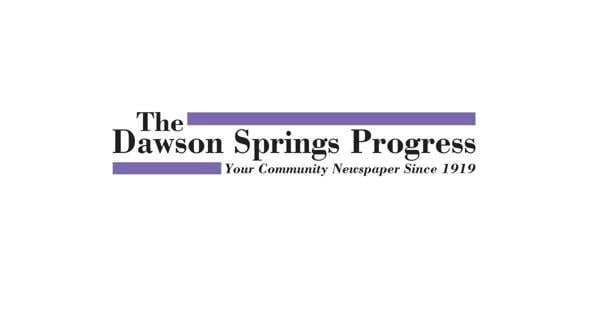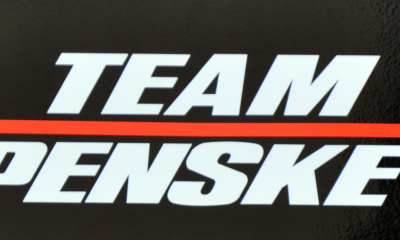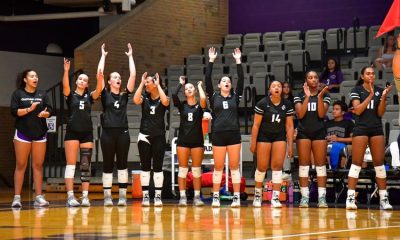If you walk by Harlem River Park on any given weekend in the fall, you’ll probably hear the sharp clap of shoulder pads, coaches barking out instructions, and unified chants as young boys run laps together. The heartbeat of the field — the youth football program Harlem Jets — has served as a life raft for hundreds of Harlem’s young people.
Jamel “Coach Mel” Wright and a group of committed fathers launched the Harlem Jets in August 2005, fielding just four teams and fewer than 100 youth. Since then, the Jets have blossomed into what their website describes as “a transformative two-generation sports and development organization” that is grounded in the belief that sports can be a powerful catalyst for personal growth and academic achievement.
Over the last 20 years, more than 5,000 children ages 5–13 have passed through the program, earning spots at prestigious high schools such as Cardinal Hayes, Stepinac, Iona Prep, Bergen Catholic, and Don Bosco Prep before competing at the collegiate level. A record 19 alumni are committed to college football for the 2025 season at Georgetown, Penn State, Duke, and Rutgers, to name a few.
Notable players include Ajani Cornelius, a standout offensive lineman at the University of Oregon, who is now a rookie with the Dallas Cowboys; Justin Joly, a senior tight end for North Carolina State, who was named preseason All Atlantic Coast Conference by “USAToday” this week; cornerback Elijah Jones, Arizona Cardinals; and Sanoussi Kane, now a safety with the Baltimore Ravens.
Kane still remembers the exact feeling of putting on a Harlem Jets jersey. “The camaraderie we had as a team — that bond is unforgettable,” he told the AmNews. “Those guys are still my brothers to this day.”
Kane’s story embodies what the Harlem Jets are about: belief, effort, and perseverance. “I wasn’t the best guy when I was younger,” he admitted, “but hard work and dedication pushed me over the top. I had a great support system, and that started with the Jets.”
He credits Wright with changing his life. “Coach Mel’s belief in me meant everything. That’s like my uncle — we went through a lot together. I can’t thank him enough. Some of us went to the NFL. Others became producers, news anchors — you name it. I’m just one testimony [to] his impact.”
Sanoussi has paid it forward by mentoring Jets players, not because he has to, but because he wants today’s youth to believe they can follow in his footsteps. “When I was growing up, we didn’t have NFL players come back. If these kids see me, someone from their program who lived around the corner, they’ll believe they can do it, too.”
That belief is also what fuels Coach Bob Mazer, a retired attorney who joined the Harlem Jets in 2008 after searching for a youth sports program to support. “Football rewards effort,” Mazer said. “Some kids who might not thrive in other sports can become essential players here. That’s something I love.”
He checks report cards personally, holds players accountable in the classroom, and teaches life lessons one huddle at a time. “Even when it’s tough, they stick with it. That’s growth. That’s what we’re here for.”
Former Harlem Jets quarterback and current coach Sofian Massoud echoes Wright’s philosophy. “The Harlem Jets changed my life — and the lives of so many people I grew up with,” he told the AmNews. “It gave us a productive outlet, but more importantly, strong men to look up to.”
Massoud added that “coaching is twofold. You teach the technical side, but you also share your story, your mistakes, your lessons. You give them a blueprint.”
Every Harlem Jets coach, from Massoud to Mazer to Wright himself, carries that same torch. “Football teaches you to get knocked down and get back up. That mirrors life,” Wright said.
Today, the Harlem Jets run eight teams from ages 6 through 13, in addition to cheerleading, wrestling, lacrosse, a summer camp, and a youth employment program. The organization remains proudly rooted in Harlem River Park, the field where it all began — which is now renovated and buzzing with activity, thanks to the program’s community advocacy and growth.
In an era where youth sports can feel transactional, the Harlem Jets remain transformational. “Ten years ago, nobody thought we’d have three NFL players come out of this program,” Kane said. “Now we do — and more are coming. The sky’s the limit.”
Related






















































